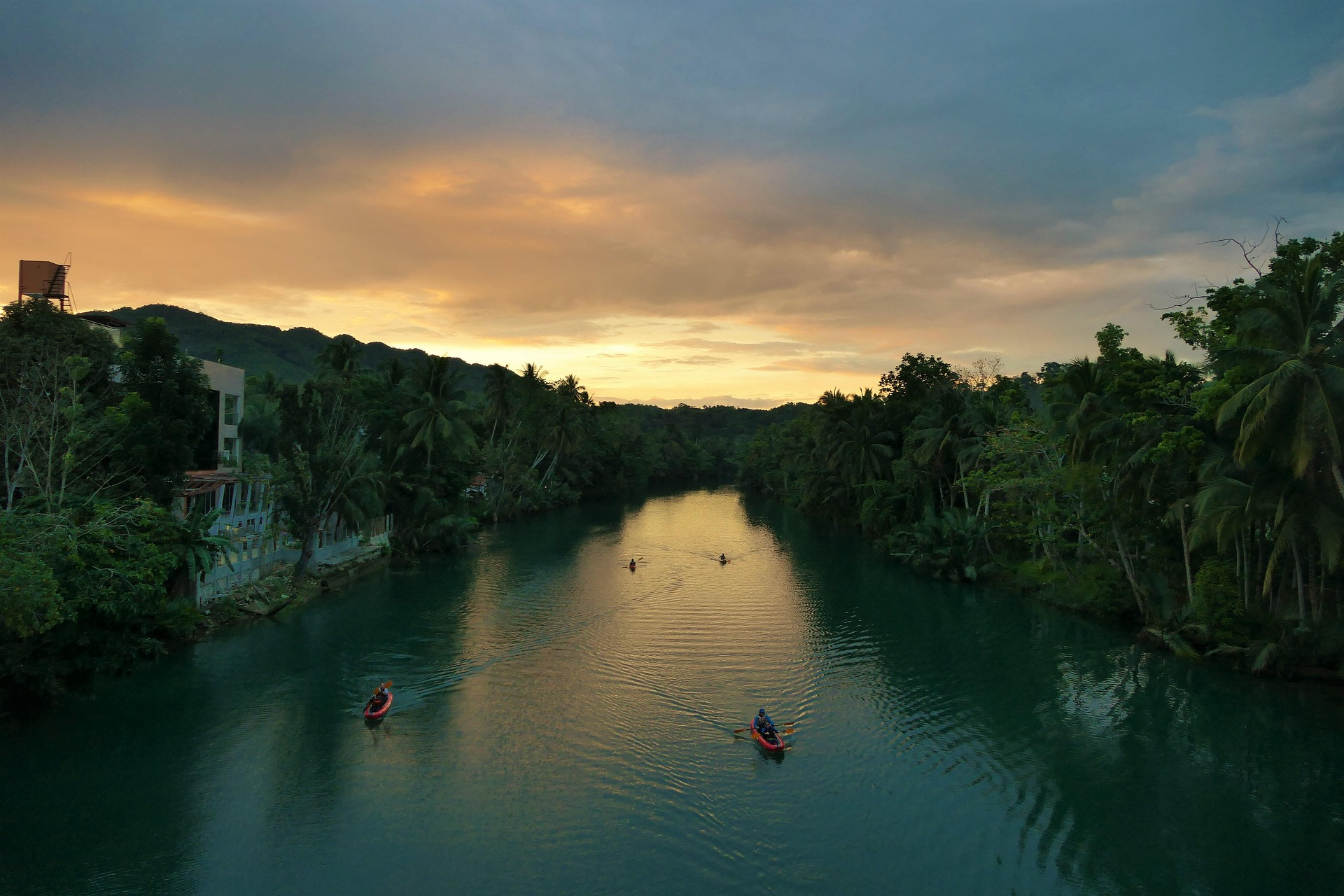The Philippine Development Plan or PDP 2023-2028 is the main plan for domestic growth and progress. The government created this plan to guide the country over six years.
The Philippine Development Plan sets the direction for national policies, projects, and programs. It aims to help all Filipinos enjoy a better quality of life. The plan covers many areas, including the economy, society, environment, and government services.
The Philippine Development Plan and Sustainable Development Goals
The 17 Sustainable Development Goals, or SDGs, are international goals set by the United Nations. These goals address poverty, hunger, health, education, gender equality, clean water, clean energy, jobs, innovation, reduced inequality, sustainable cities, responsible consumption, climate action, life below water, life on land, peace, and partnerships. The Philippine government uses the Philippine Development Plan to help achieve these goals.
The Philippine Development Plan connects each SDG to national policies and programs. For example, the plan includes actions to reduce poverty, improve education, and promote good health. It also includes steps to protect the environment and fight climate change.
The PDP makes sure that every government department works toward these goals in their own way. The plan also checks progress regularly to see if the country is moving closer to the SDGs.
Translating Administration Priorities into Policies and Strategies
The current administration uses the Philippine Development Plan to turn its promises and priorities into real actions. The plan sets clear targets for the economy, jobs, health, education, and the environment.
The PDP guides how the government spends money and makes laws. It tells government agencies what to focus on and how to work together. The plan also encourages partnerships with local government units, businesses, and community groups. The Philippine Development Plan includes policies to create more jobs and support small businesses.
It also supports programs that help poor families and improve access to health care and education. The plan encourages the use of new technology and better ways to deliver government services. It also includes rules to make government more honest and efficient.
Environmental Protection and Climate Action in the Philippine Development Plan
The Philippine Development Plan 2023-2028 gives special attention to the environment and climate change. The plan includes actions to protect forests, rivers, and oceans. It supports clean energy projects like solar and wind power.
The Philippine Development Plan also calls for better waste management and recycling. It encourages the use of water-saving and energy-saving technology.
The plan includes steps to help communities prepare for disasters like typhoons and floods. It supports programs that teach people how to protect the environment. The Philippine Development Plan also works with international partners to fight climate change.
The government uses data and science to guide these efforts.
How OPISAC Addresses Philippine Development Plan Goals
OPISAC, or the Organization of the People for the Instruction for Sustainability, and the Autonomy of the Community, matches the goals and strategies of both the Philippine Development Plan and the SDGs.
OPISAC uses a systemically sustainable approach integrating economic, social, and environmental programs to ensure that they remain sustainable and increase local resilience. The group creates locally owned and operated People’s Organizations and regional Rural Development Centers in local communities. These centers offer training, jobs, and support for poor and vulnerable people.
OPISAC works to restore forests, improve water and food security, and introduce clean energy. The organization runs commercial, for-profit businesses that allow for continued funding independent of external donations.
These businesses are operated in the USA under the laws for Unrelated Business Income Taxes. In the Philippines, consideration is necessary to ensure legal compliance, not only for taxes. There are additional legal requirements mandating the use of commercial proceeds for humanitarian and environmental programs.
Proceeds generated from these businesses fund programs for education, health, and infrastructure. While there may be some restrictions in early operations, the continued growth and expansion ensures economic sustainability in operations.
OPISAC also uses local cooperatives and barter systems to help small farmers and families. These systems keep money and resources in the community increasing local resilience. Reforestation efforts include food gardens, swales, and other measures to ensure ecological and environmental sustainability and to increase local resilience.
OPISAC involves local people in decision-making. The group uses a weighted voting system to make sure every voice is heard. Local Civic Support Teams help manage programs and make sure they fit .
Local community needs.
OPISAC also works with government agencies and follows all Philippine laws. The organization’s programs match the Philippine Development Plan focus on poverty reduction, environmental protection, disaster resilience, and inclusive growth.
Integration of OPISAC’s Work with National and Global Goals
The OPISAC operational program model supports all 17 SDGs.
The organization fights poverty by creating jobs and supporting small businesses. It promotes good health and education through training and community programs. OPISAC protects the environment by restoring forests and using clean energy.
The group also helps communities prepare for disasters and adapt to climate change and other potential disruptions.
These programs are integrated and adaptive and will change to fit local needs. The organization uses feedback from communities to improve its work. OPISAC also keeps detailed records and shares information with partners. This transparency helps build trust and ensures programs are effective.
The Philippine Development Plan 2023-2028 is the main guide for domestic progress. It connects the governmental priorities with the 17 Sustainable Development Goals. The plan includes strong actions for environmental protection and climate action.
OPISAC work matches the Philippine Development Plan and SDG goals by using a systemic, community-based approach. The organization helps build a future where people and nature thrive together, following the national blueprint and supporting systemically sustainable human growth and development.

